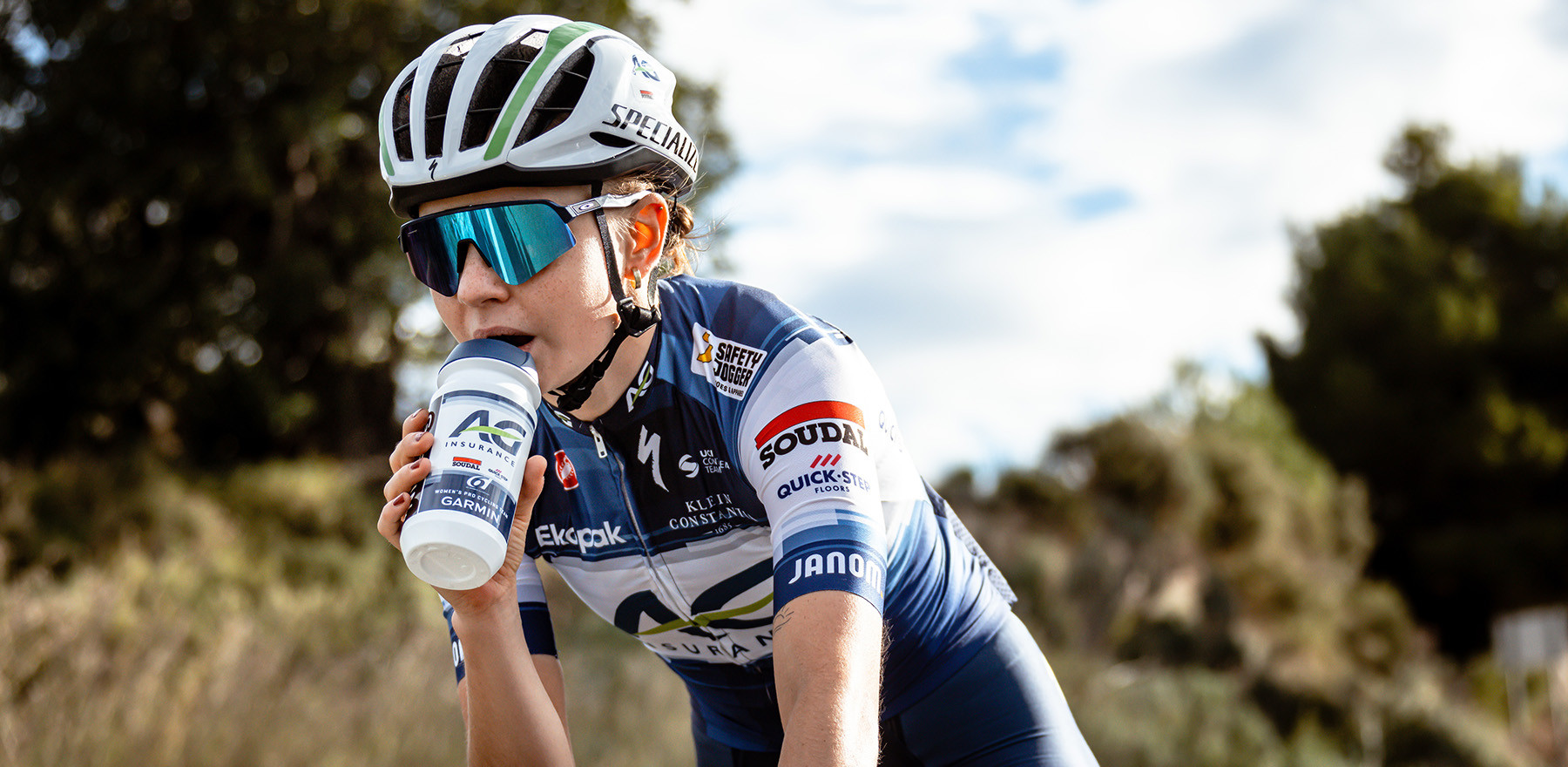
8 Tips to Conserve Water While Exercising and Promote Sustainability

Exercising is an important part of a healthy lifestyle, but it can also lead to significant water consumption. However, it is possible to be aware of water usage while exercising and thus contribute to sustainability. By making smart choices and implementing water-saving measures, we can reduce our environmental impact. In this article, we share 8 helpful tips for conserving water during exercise.
1. Bring a reusable water bottle:
Instead of continuously buying plastic water bottles, you can bring a reusable water bottle to your workout sessions. This reduces waste and allows you to easily refill it whenever needed.
2. Limit the use of disposable towels:
It is common to use disposable towels while exercising, but these contribute to waste and water usage. Instead, use a reusable towel that you can wash after your workout.
3. Schedule your workouts during cooler times of the day:
If you exercise outdoors, try scheduling your workout sessions during cooler times of the day, such as early morning or late evening. This helps prevent excessive sweating and the need for extra water to stay hydrated.
4. Hydrate before and after your workout:
Make sure to hydrate adequately before your workout. This helps reduce the need for excessive water consumption during exercise. Also, remember to drink water immediately after your workout to maintain proper hydration.
5. Make use of public water refill stations:
If you exercise near public water refill stations, take advantage of them to refill your water bottle. This not only saves water but also helps reduce plastic waste.
6. Consider a water purification filter:
If you frequently exercise outdoors and rely on water sources like lakes or streams, consider investing in a water purification filter. This allows you to safely drink water from natural sources, eliminating the need to carry large amounts of water with you.
7. Plan your routes near water sources:
If you engage in long-distance endurance training, try planning routes that pass by water sources. This allows you to hydrate along the way without the need to carry extra water.
8. Remember that excessive hydration can be detrimental:
While hydration is important during exercise, it's also crucial to remember that excessive hydration can have negative effects. Drink according to your needs and listen to your body to avoid unnecessary water consumption.
Conclusion
Practicing sports and being mindful of water usage can go hand in hand. By making conscious choices, such as using a reusable water bottle and avoiding disposable towels, we can make a difference and reduce our environmental impact. Be smart while exercising and contribute to sustainability by implementing water-saving measures.
Water is essential in life, not only during sports but also for the industry. Just like cyclists, companies can’t perform without water. We are proud to have Ekopak Sustainable Water on our side as a sponsor. Ekopak recycles and revalues water. Ekopak disconnects the industry from the drinking water network and pursues 100% circular water use.

 GB
GB
 NL
NL
 FR
FR